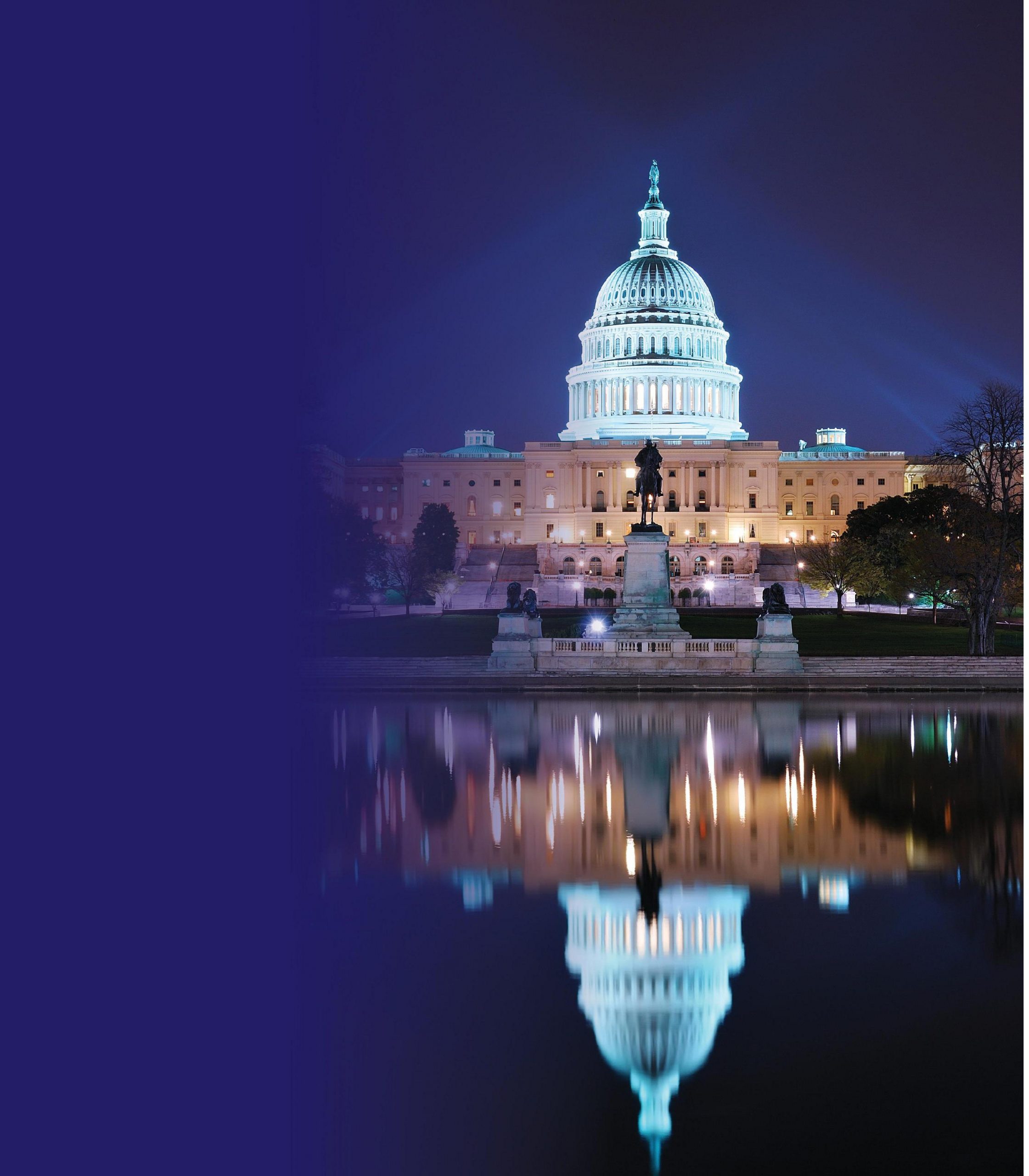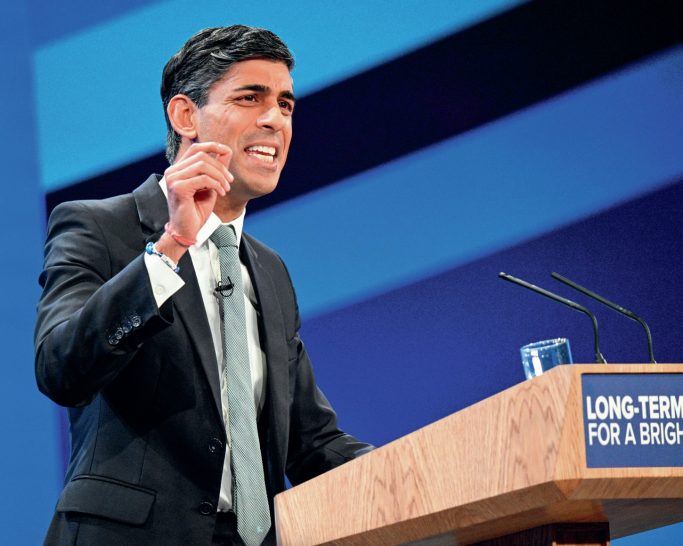
About a year after President Barack Obama took office, commentators began to talk about a crisis of governance in the USA. At that point, it seemed that healthcare reform, a landmark legislative measure for Democrats, might have to be abandoned. Indeed, the entire legislative process appeared gridlocked. Newsweek magazine spoke of ‘America the ungovernable’ (Newsweek, 2010). Jonathan Chait echoed this in the New Republic:
Those who put forward the ‘ungovernability’ thesis levelled some of the blame at the voting public. Chait pointed to what he described as ‘public fiscal illiteracy’ (Chait 2010). Voters, he argued, sought low taxes while at the same time insisting on many social benefits (especially ‘entitlements’ such as Medicare, the system of health provision for senior citizens) and calling for a balanced federal government budget (so that expenditure matched revenue). Although some free market economists would argue otherwise, these three wishes are generally difficult to reconcile. Taxes can only be reduced if either government expenditure is reduced or if politicians and the public are ready to accept a deficit budget and a rising national debt.
Your organisation does not have access to this article.
Sign up today to give your students the edge they need to achieve their best grades with subject expertise
Subscribe




